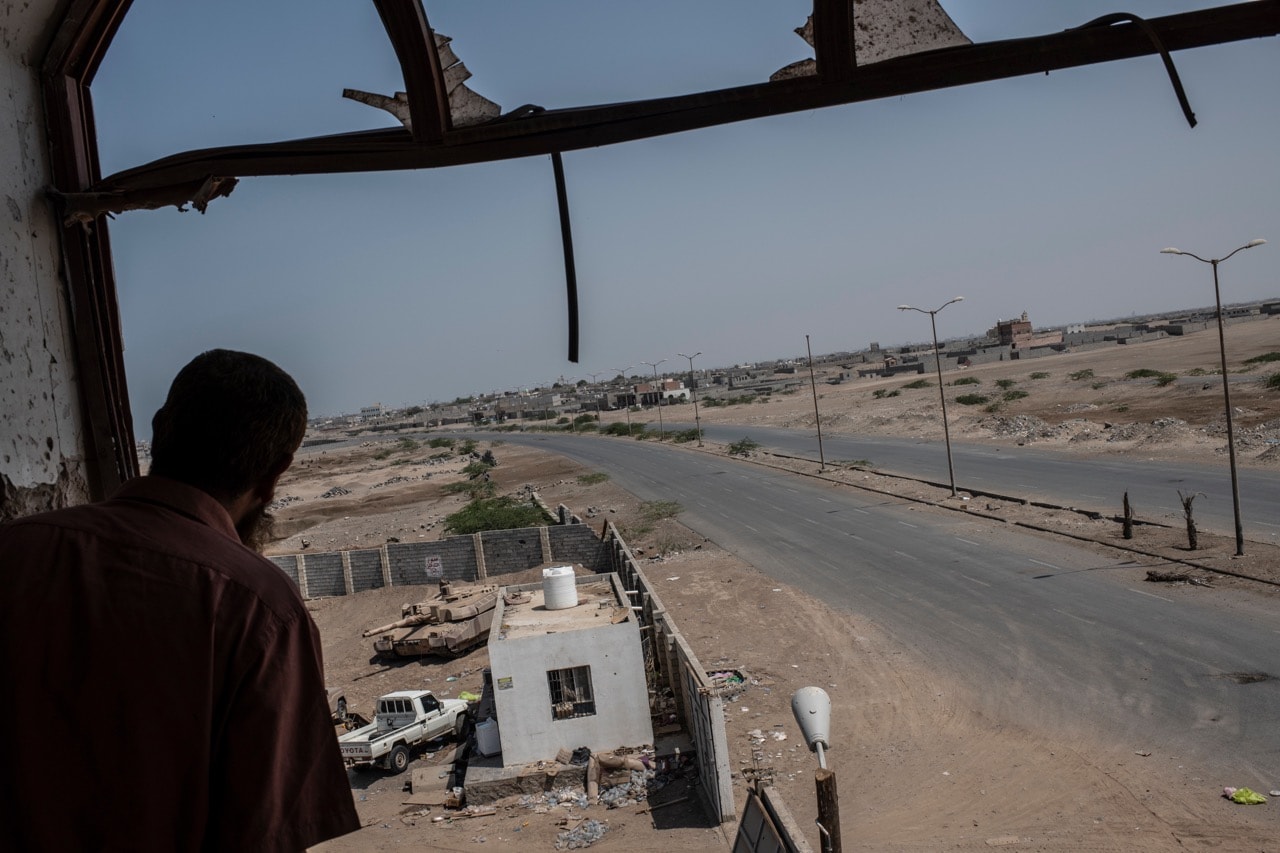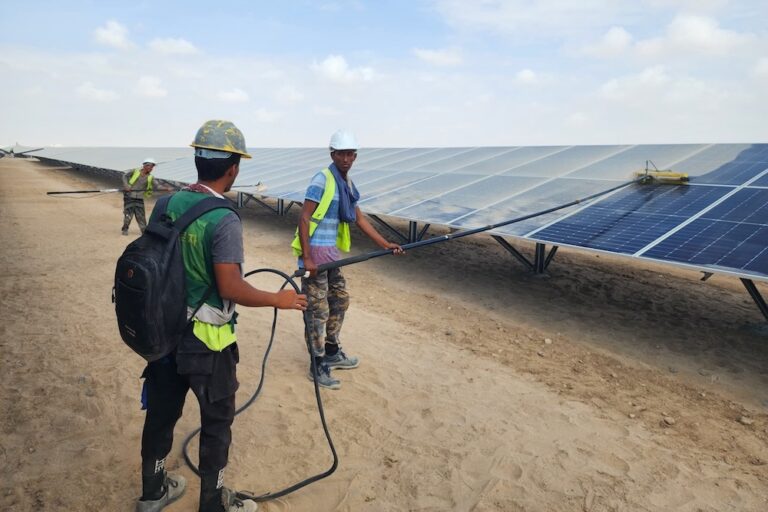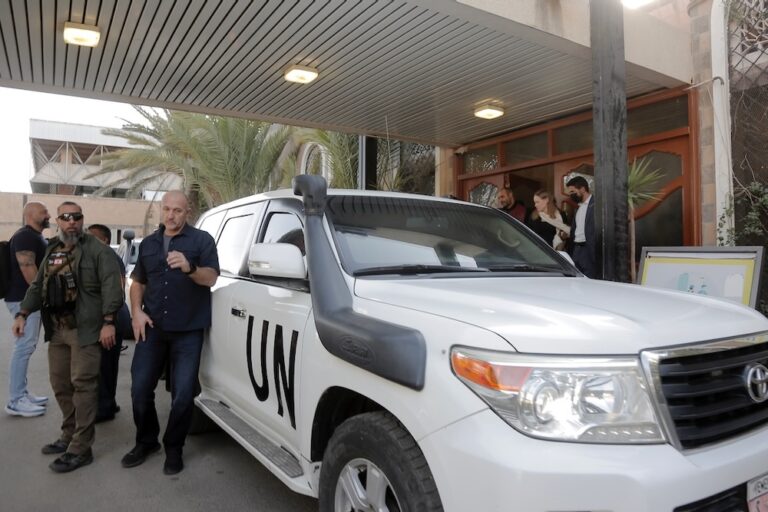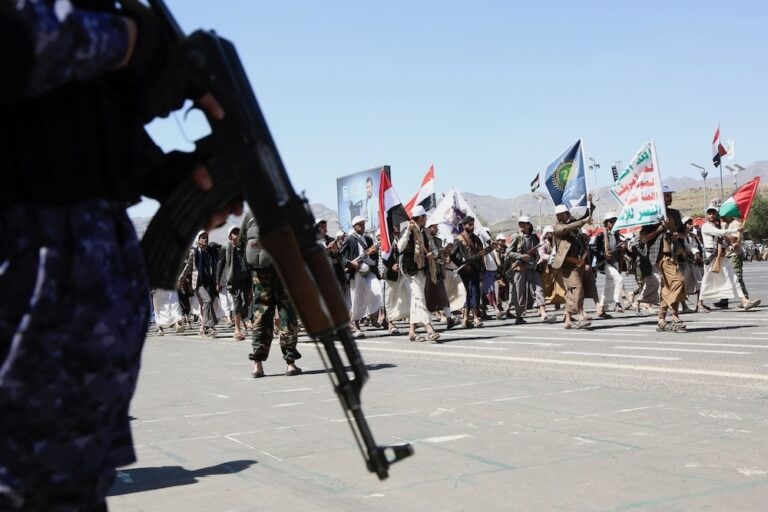A Saudi-led coalition airstrike targeted Radio Hodeidah, killing at least four people, and field research assistant Kamal Al-Shawish was released.
This statement was originally published on gc4hr.org on 27 September 2018.
The Gulf Centre for Human Rights (GCHR) expresses great sorrow at the loss of life following an attack on a radio station in Yemen during the battle for control of Hodeidah. At the same time, GCHR is relieved to hear of the release of a Mwatana researcher from Houthi custody in Hodeidah after more than a month.
On 16 September, a Saudi-led coalition airstrike targeted Radio Hodeidah in the city of Marawha, in the western province of Hodeidah, killing at least four people. Three staff members of the radio and a farmer were killed in the bombing of the station’s premises by warplanes from the Saudi-led military coalition, which also destroyed the transmission tower and a warehouse, media reports said. The building is used for transmission and had been evacuated of most staff due to the proximity to the confrontation in Hodeidah.
According to a local source, those who died are engineer Omar Azi, two guards, Obaid Heba Ali and Jama’i Abdullah, and a farmer, Ayish Mohammed Yousif. They are all civilians and were not involved in the conflict.
In good news, Mwatana for Human Rights reports that its field research assistant, Kamal Al-Shawish, was released on 23 September 2018. On 14 August 2018, two armed men belonging to the armed group Ansar Allah (Houthis) arrested Al-Shawish in a coffee shop on Sana’a Street in downtown Hodeidah. The armed men, who were wearing civilian clothes, blindfolded him and forced him into their car. He was held in an unknown destination and no information about the reasons for his arrest have been disclosed.
GCHR calls on all parties in Yemen to:
1. Investigate the bombing of Radio Hodeidah and the loss of four civilian lives;
2. Guarantee that human rights defenders can perform their duties and work in a secure and safe space without fear of arrest;
3. Release all human rights defenders and journalists detained by all parties to the conflict, including those detained as a result of their coverage of the war; and
4. Fully respect freedom of expression.



